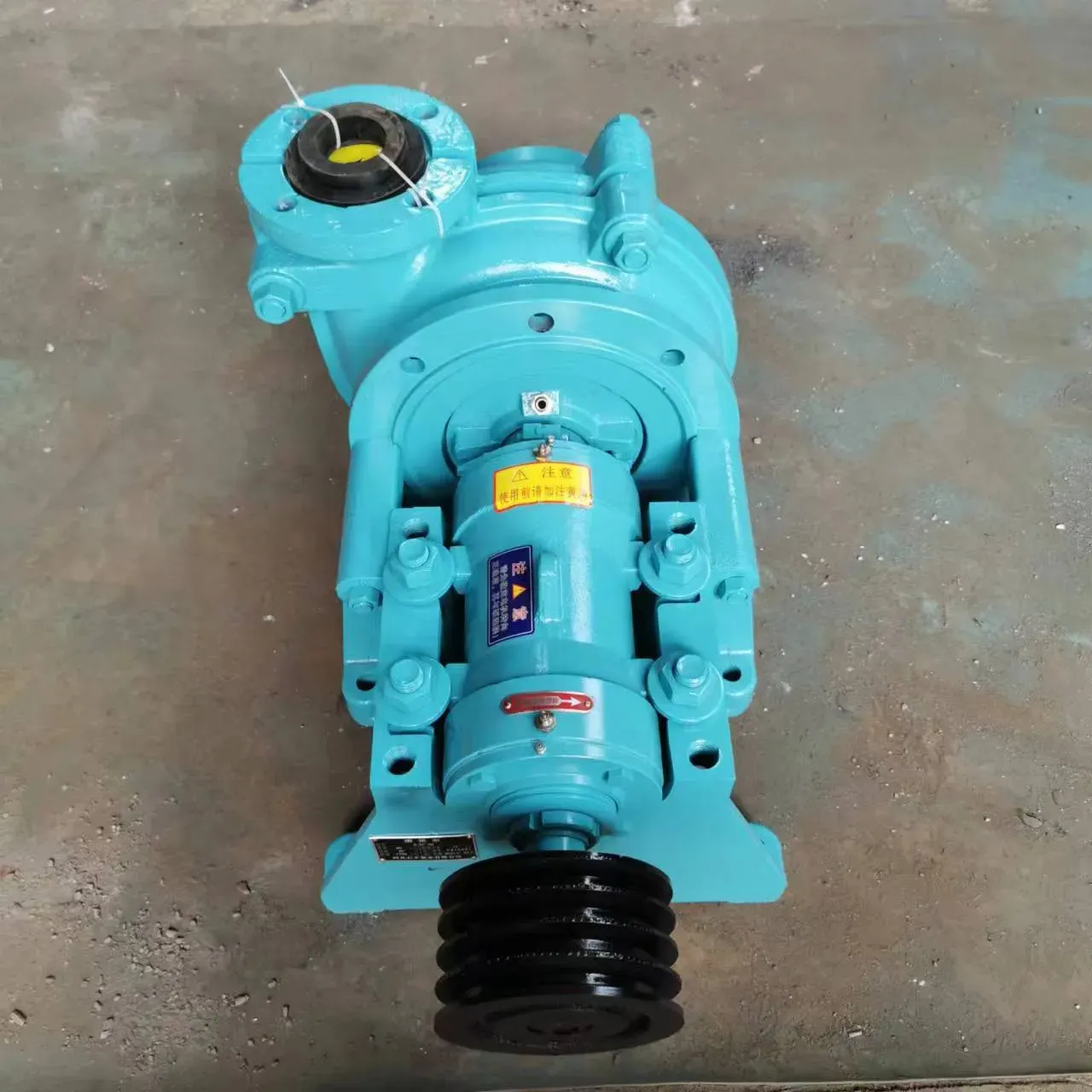English
- Afrikaans
- Albanian
- Amharic
- Arabic
- Armenian
- Azerbaijani
- Basque
- Belarusian
- Bengali
- Bosnian
- Bulgarian
- Catalan
- Cebuano
- Corsican
- Croatian
- Czech
- Danish
- Dutch
- English
- Esperanto
- Estonian
- Finnish
- French
- Frisian
- Galician
- Georgian
- German
- Greek
- Gujarati
- Haitian Creole
- hausa
- hawaiian
- Hebrew
- Hindi
- Miao
- Hungarian
- Icelandic
- igbo
- Indonesian
- irish
- Italian
- Japanese
- Javanese
- Kannada
- kazakh
- Khmer
- Rwandese
- Korean
- Kurdish
- Kyrgyz
- Lao
- Latin
- Latvian
- Lithuanian
- Luxembourgish
- Macedonian
- Malgashi
- Malay
- Malayalam
- Maltese
- Maori
- Marathi
- Mongolian
- Myanmar
- Nepali
- Norwegian
- Norwegian
- Occitan
- Pashto
- Persian
- Polish
- Portuguese
- Punjabi
- Romanian
- Russian
- Samoan
- Scottish Gaelic
- Serbian
- Sesotho
- Shona
- Sindhi
- Sinhala
- Slovak
- Slovenian
- Somali
- Spanish
- Sundanese
- Swahili
- Swedish
- Tagalog
- Tajik
- Tamil
- Tatar
- Telugu
- Thai
- Turkish
- Turkmen
- Ukrainian
- Urdu
- Uighur
- Uzbek
- Vietnamese
- Welsh
- Bantu
- Yiddish
- Yoruba
- Zulu
Telephone: +86 13120555503
Email: frank@cypump.com
Sep . 21, 2024 20:17 Back to list
sump slurry pump
Understanding Sump Slurry Pumps Essential Machinery for Best Performance
Sump slurry pumps are vital in various industries, particularly where the management of liquid and solid mixtures is critical. These pumps are designed specifically to handle abrasive, viscous, and heavy slurry, making them an essential piece of equipment in mining, construction, water treatment, and other industrial applications.
The primary function of a sump slurry pump is to transfer slurry from one location to another efficiently. Slurry, which is a mixture of water and solid particles, can create significant challenges in terms of handling and transport. This is where sump slurry pumps come into play, providing the necessary power and reliability to manage these complex materials.
One of the defining features of sump slurry pumps is their robust construction. These pumps are made from durable materials, such as high-chrome alloys or rubber linings, to withstand the erosive nature of the slurry. This resilience ensures longevity and reduces maintenance costs over time. The design typically includes a strong impeller that can handle the abrasive particles present in the slurry without losing efficiency.
Sump slurry pumps are often submersible, meaning they can operate while submerged in the slurry. This design minimizes the risk of cavitation, a phenomenon that can severely impact pump performance and lifespan. By keeping the pump submerged, operators can ensure consistent performance and minimize air entrapment within the system.
sump slurry pump

In addition to their structural advantages, these pumps also feature adjustable flow rates and pressure settings, allowing for customization based on the specific needs of the application. This versatility is crucial, as the composition of slurry can vary greatly between projects. A pump that can adapt to different slurry types enhances overall operational efficiency and reduces downtime.
The applications for sump slurry pumps are vast and varied. In mining operations, for example, they are used to transport tailings, which are leftover materials after the extraction of valuable minerals. Similarly, in construction, these pumps can be crucial for managing groundwater and sediment-laden water during excavation. Water treatment facilities also rely on sump slurry pumps to manage sludge and other waste materials efficiently.
Operating sump slurry pumps does require attention to various operational factors to ensure optimal performance. Regular inspection and maintenance are essential to prevent common issues like clogging and wear. Users should also monitor the pump's operation closely to identify any signs of inefficiency or failure, enabling timely interventions.
In conclusion, sump slurry pumps play a crucial role in managing slurry in various industrial contexts. Their robust construction, adaptability, and efficient performance make them indispensable in situations where handling liquid-solid mixtures is necessary. Investing in high-quality sump slurry pumps can lead to improved productivity, reduced operational costs, and enhanced efficiency in material handling processes. For industries dealing with slurry, choosing the right sump slurry pump is a decision that significantly impacts the overall success and sustainability of operations.
-
ISG Series Vertical Pipeline Pump - Chi Yuan Pumps Co., LTD.|High Efficiency, Energy Saving, Low Noise
NewsJul.30,2025
-
ISG Series Vertical Pipeline Pump- Chi Yuan Pumps|High Efficiency&Low Noise
NewsJul.30,2025
-
ISG Series Vertical Pipeline Pump-Chi Yuan Pumps Co., LTD.|High Efficiency&Energy Conservation
NewsJul.30,2025
-
ISG Series Vertical Pipeline Pump - Chi Yuan Pumps Co., LTD.|Advanced Hydraulic Design&Energy-Efficient Solutions
NewsJul.30,2025
-
ISG Series Vertical Pipeline Pump - Chi Yuan Pumps Co., LTD.
NewsJul.30,2025
-
ISG Series Vertical Pipeline Pump - Chi Yuan Pumps Co., LTD.|energy-efficient fluid handling&industrial durability
NewsJul.30,2025










